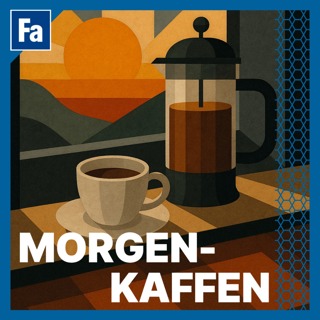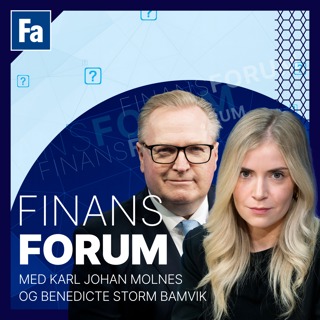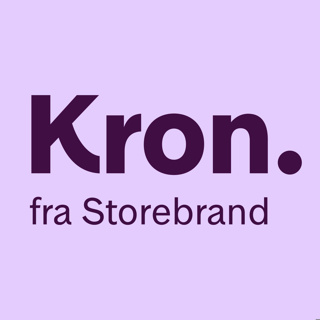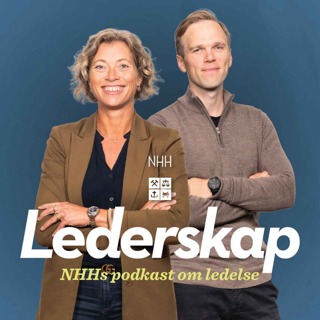
172: CEOs Who Love Consultants At Their Peril
One of the great myths among aspiring consultants, is that strategy consultants go in and basically take over and run the entire strategy and direction of a company. That does happen at times, but is more the exception than the norm. In fact, there are dangers to this outsourcing of thinking. Yet, the danger is not the outsourcing itself, but rather who is doing the outsourcing: a strong and accountable CEO or a weak CEO. The greatest risk to a company is a weak CEO who outsources accountability to consultants. In this podcast, I discuss my own personal experiencing of advising such a CEO and the chaos which ensued.
21 Des 201322min

171: Structure Fails At 60% McKinsey Cases
At least 90% of aspiring management consultants assume that all McKinsey et al cases MUST be solved with frameworks. That is a dangerous myth. At least 60% of all McKinsey full cases (we are not referring to brainstorming, estimates etc) cannot be solved with structures and you will fail if you used structures to solve them. In this podcast, we use the experiences of a client, Felix, to explain how to identify this second group of cases and what you can do to solve them. We particularly look at Felix's coaching session with Kevin Coyne, ex-McKinsey Worldwide Strategy Co-Leader, in Season One of The Consulting Offer.
15 Des 201312min

170: Baker + Rhodes Scholars
This podcast describes the journeys of two people and where they ended up in life. The first is one of Harvard's most distinguished MBA graduates ever who was not even invited to a McKinsey internship interview. The second is a McKinsey Principal from humble beginnings who is rejected the partnership, not once, but twice. Who they are and what they eventually achieve professionally is a lesson in perseverance, confidence and being analytic.
9 Des 201316min

169: Building a McKinsey BTO Killer
In early 2013, we were invited by the chairman of a major IT/Outsourcing provider to analyze their business and determine why their significant acquisitions of strategy/operations/general consulting skills had not created a "McKinsey-Killer".
3 Des 201346min

168: Corporate Strategy Vs Strategy
After 11 years of corporate strategy consulting with the firm, 3 of them as principal, I have tended to take for granted that everyone knows the difference between corporate strategy and other types of strategy engagements like developing a market entry strategy or a pricing strategy. Yet, that is not true.
27 Nov 201330min

167: Consulting Values In Action
An hour ago I ran a screening call for case coaching with a candidate I will call Hector from Deloitte, let's assume the Santiago office. The student was at a very élite school, I will call Wharton. This tiny Deloitte office had for the first time offered to pay for an employee's MBA studies – a huge investment for them. McKinsey was now aggressively trying to recruit the candidate and he was on the brink of pursuing this. I was extremely proud of the way Hector reacted when, upon learning of the source of his funding and obligations, I immediately refused to conduct the screening call because it was not in his best interest. In these moments, we get to see tomorrow's leaders forged.
21 Nov 201319min

166: You Cannot Join McKinsey Strategy
Far too many candidates demonstrate poor knowledge of consulting by insisting that they want to work for McKinsey strategy and not operations or BTO. This is a flawed strategy which will only hurt their chances in the short, medium and long-term. This podcast explains why and how to compensate for this misunderstanding.
15 Nov 201310min

165: How Do You Gain More Experience
Many candidates are declined with the suggestion to gain more work experience. Unfortunately, candidates take this feedback at face value. This podcast explains what this feedback means and suggests a vital shortcut to fix this problem. Hint, it does not require work experience at all.
9 Nov 201312min





















